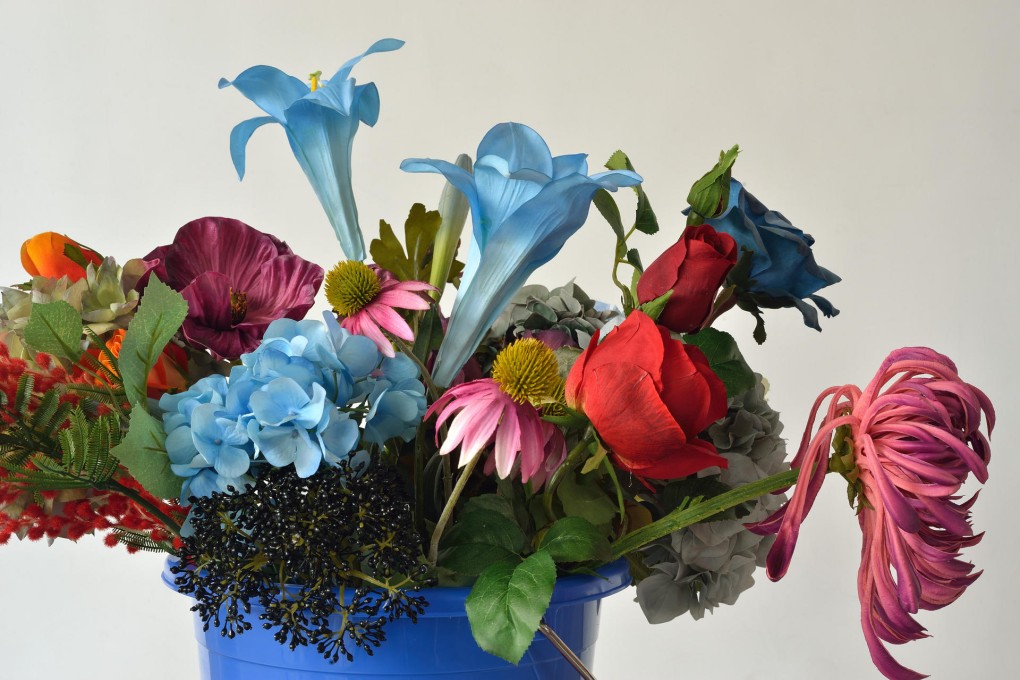Exhibition: The Permeability of Certain Matters has messages about child labour
Hypnotic wallpaper lines the huge gallery space, the pinkish pattern grabbing the eye's gaze, interrupted sporadically by framed pictures of flowers. It's all very serene and country estate. But serious messages exist beneath "The Permeability of Certain Matters" exhibition at the Spring Workshop in Aberdeen, about mass production and the history of child labour.

THE PERMEABILITY OF CERTAIN MATTERS
Spring Workshop
Hypnotic wallpaper lines the huge gallery space, the pinkish pattern grabbing the eye's gaze, interrupted sporadically by framed pictures of flowers. It's all very serene and country estate. But serious messages exist beneath "The Permeability of Certain Matters" exhibition at the Spring Workshop in Aberdeen, about mass production and the history of child labour.
The show, a collaboration between Cypriot Christodoulos Panayiotou and German-born Philip Wiegard, sets Panayiotou's photographic works against the backdrop of Wiegard's handcrafted wallpaper called "Festoons."

Alluding to different labour practices of the pre-industrial and industrial age, Wiegard choreographed a workflow that optimised the labour intensive creation of large quantities of wallpaper.